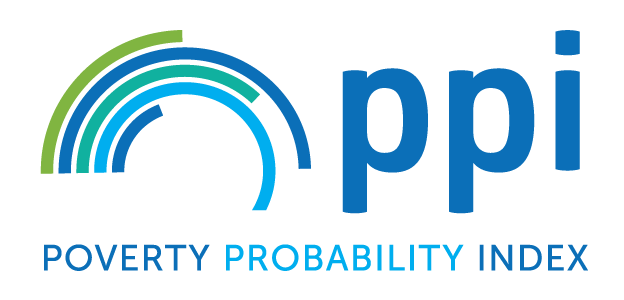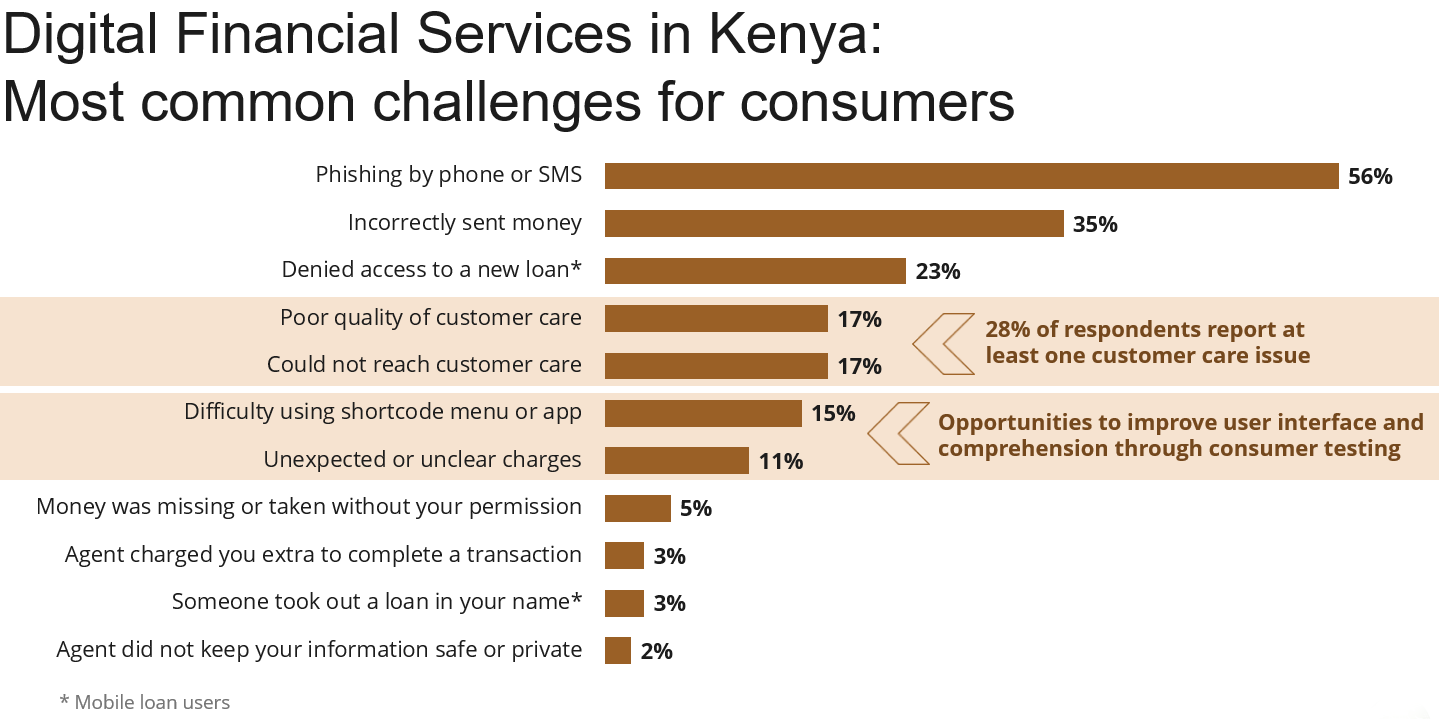Another Tool in the Toolbox for Co-Creating Evidence: IPA’s Applied Research & Methods (ARM) Group
Solving a Last-Mile Problem for Policy Relevant Research
IPA has a 20-year history of co-creating evidence on solutions to problems of global poverty by partnering with principal investigators (PIs) from universities and other research institutions. Working with academic researchers has allowed us to address a wide range of problems across sectors and countries. It’s a successful model that we’re proud of, but it only gets us 90% of the way toward executing on our mission. Sometimes policy-focused research would have limited potential for publication in an academic journal or might fail to come together with only academic researchers, whose incentives don’t always favor timeliness for policymakers. In other cases there is a need for particular expertise that is simply not available, possibly that can only be found in the country where the policy problem arises. At the same time, over the course of running hundreds of randomized evaluations, IPA staff, most of whom are from or in low- and middle-income countries, have steadily built our capacity to lead or co-lead studies as PIs. As a natural next step, we are excited to announce today the consolidation of this expertise into a team known as IPA’s Applied Research & Methods (ARM) group, whose new webpage can be found here.
The ARM Research Agenda
The ARM group launched internally just over a year ago, has a roster that includes four full-time researchers, nine part-time researchers (affiliates), and two postdocs at IPA with a wide variety of expertise. Our core ARM researchers lead three major initiatives right now: Path to Scale Research, Research Methods, and Poverty Measurement.
The Path to Scale Research team works to move evidence-based interventions from proof-of-concept to scalable and adaptable programs and policies. An example is the initiative’s work to reduce child growth stunting and underdevelopment. Working with a wide range of stakeholders, the team identified promising evidence-based approaches to prioritize for research along a path to scale, created scaling research agendas for each one, and has been actively pursuing opportunities to answer research agenda questions. One such opportunity has been to test a home-based growth monitoring intervention that was found to be effective at a small scale in Zambia at reducing child stunting. The ARM team’s Doug Parkerson, working with IPA’s Policy team, collaborated with the government of Zambia and two researchers from the original study, Günther Fink and Peter Rockers, to test the approach across three regions of the country and has adapted a version to test in Indonesia. By absorbing some of the cost and risk of developing a partnership with the government and fundraising for a replication, the collaboration made it possible for the academic team to stay engaged as their original work is implemented at a larger scale.
The Poverty Measurement team is already known for their work on the Poverty Probability Index (PPI), but under Elliott Collins and with support from Microsoft, they are working to use satellite imagery data to improve upon purely survey-based measures of household and community poverty.

The Research Methods Initiative has an active program of research to discover innovative methods for designing studies and improving fieldwork implementation and measurement. In 2020, in response to the global pandemic, we focused almost exclusively on phone survey methods, producing a range of research outputs to help our research network and the rest of the field navigate the world of random digit dial surveys and other remote interviewing methods. We are collaborating closely with researchers such as Andrew Dillon to better understand the role of enumerators in producing high-quality data. Since 2019, we also held four rounds of competitive funding and two conferences, with support from Northwestern University’s Global Poverty Research Lab and other donors, to catalyze methods work across a range of countries, sectors, and topics and build a community of researchers focused on improving methods and sharing best practices.
Finally, ARM researchers retain the flexibility to adapt our research agenda to the evidence needs of policymakers. A good example of this is our RECOVR study (Research for Effective COVID-19 Responses) launched in March 2020 to put information on the effects of COVID-19 into the hands of policymakers as quickly as possible. We coordinated with policymakers in 12 countries, pulled in dozens of academic researchers who contributed questions to our surveys, and launched parallel surveys in nine countries around the world. While it was satisfying to publish RECOVR findings in outlets like Science Advances and Nature Medicine, the most important outputs for us were the briefings we delivered directly to policymakers.
Similarly, we supported IPA’s Financial Inclusion Program, designing phone surveys of digital financial consumers in Kenya and Nigeria that exposed emerging risks in this space—such as fraud, agent misconduct, and limited pricing transparency. Results from these studies helped identify areas where potential solutions could be tested.

Descriptive studies can be critical for policymakers.
ARM Affiliates as a Non-Traditional Pipeline of Researchers
One of the motivations for establishing ARM was to help develop a new pipeline of researchers, especially from low- and middle-income countries. Over the course of running RCTs for many years and shadowing more established research scientists, IPA’s staff gain the skills needed to lead studies themselves, from design to publication. Many of these same staff bring critical insights on culture and institutions from living in the countries where the research takes place and can frame research questions and interpret evidence accordingly.
For example, Edward Tsinigo is a Research Manager with IPA Ghana who has served as a co-PI on past education studies. He and I recently collaborated on a study of remote phone-based assessments to examine the feasibility of teaching math lessons to Ghanaian primary school children by Interactive Voice Response (IVR), SMS text message, or live phone calls. This was a good opportunity to address a very practical policy question and for us to learn from each other.
To this end, we have identified ARM affiliates—IPA staff with research management responsibilities who can also support or lead studies. These individuals have a PhD or a Master’s degree and extensive hands-on experience with demonstrated intellectual leadership of research through authorship or co-authorship of high-impact studies.
Through the growth and development of ARM affiliates, IPA can better meet our goal of expanding the pipeline of researchers we work with, recognizing that for some, there is a route to obtaining the necessary skills to lead rigorous, policy-relevant research even when obtaining a Ph.D. that focuses on randomized trials, typically in the United States or Europe, is not a practical option. We also plan to expand relationships with existing researchers in the countries where we work, so the ARM team provides a mechanism to support them with technical expertise. We will do this through mentoring, technical support, and direct training. One example of this last category is leading workshops at local universities, three of which we will be doing in Ghana and Nigeria over the coming weeks.
ARM is Ready to Collaborate With You
We hope to grow this roster over time, populating it with more researchers with diverse backgrounds in terms of country, sector, discipline, and methodological expertise. This requires working with our stakeholders: donors, who provide PI salary support in research grants; PIs, who collaborate with and help mentor ARM researchers and affiliates; IPA country offices, who enlist ARM to help with policy-relevant projects; and prospective researchers, who apply to be part of this group.
There are many times when a project can benefit from collaborating with a sampling statistician, a mixed-methods research expert, or a researcher with deep roots in the community under study. We already have much of this expertise in different departments and country offices, often doing this kind of work on an ad-hoc basis. The ARM group provides a regular mechanism to make these collaborations seamless and more frequent.
In addition to serving as PI or co-PI on studies, the ARM group provides internal consulting to IPA projects and, by extension, to PIs in our network on research methods and study design, providing helpful and practical collaboration with members of our research network. This complements the types of services we already provide to our research partners, which include grant management support, on-the-ground data collection, and a global research & data support team that provides training, technical support, and research infrastructure to ensure high-quality research data across all our studies.
We’re excited that the ARM group gives us another way to support our partners and carry forward our mission. We are happy to continue discussing ways to work together, whether with PIs, donors, implementing partners, or prospective researchers. While it’s always been possible to reach out to our individual research initiatives (Path to Scale, PPI, and Research Methods), sector programs, and country offices, you can reach the ARM group directly through this inbox with questions or ideas for collaboration.












